The Uprisings: Yesterday, Today, Tomorrow
The Uprisings: Yesterday, Today, Tomorrow
Featured Story
The Uprisings: Yesterday, Today, Tomorrow
This is an intergenerational collection of writers and organizers, movement and world builders, soul stirrers and table shakers, healers and the still healing.
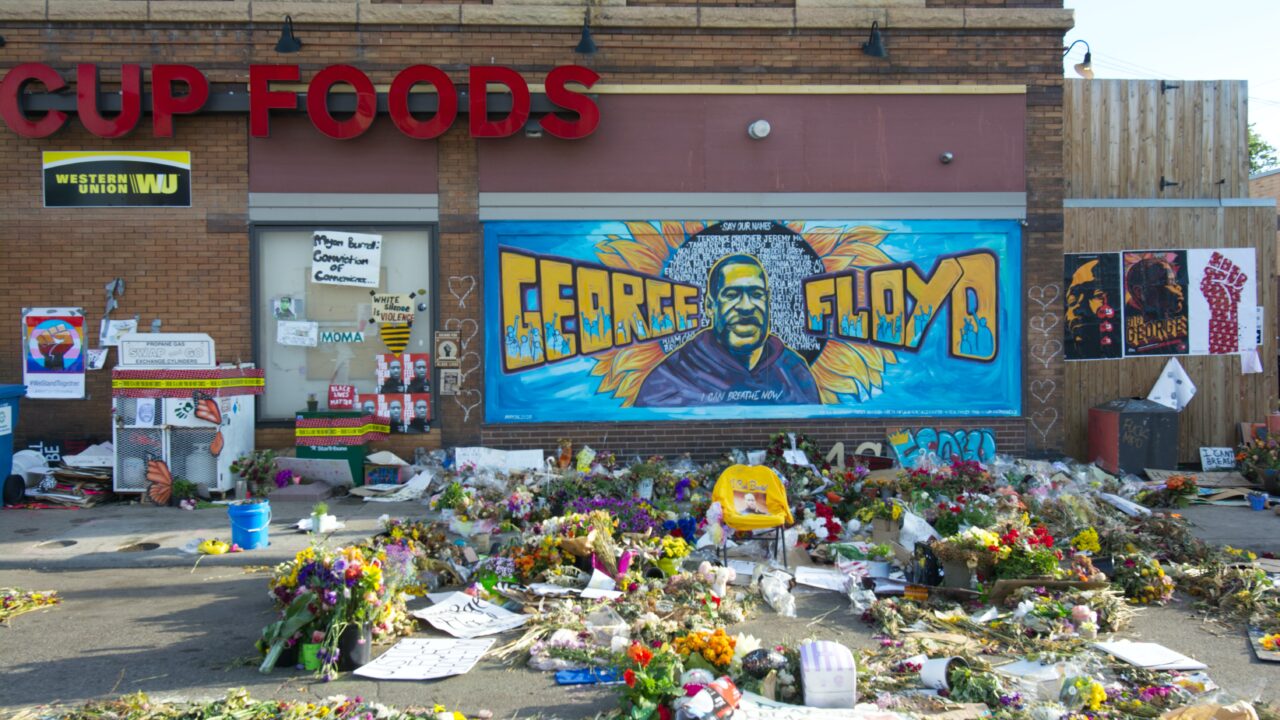
-
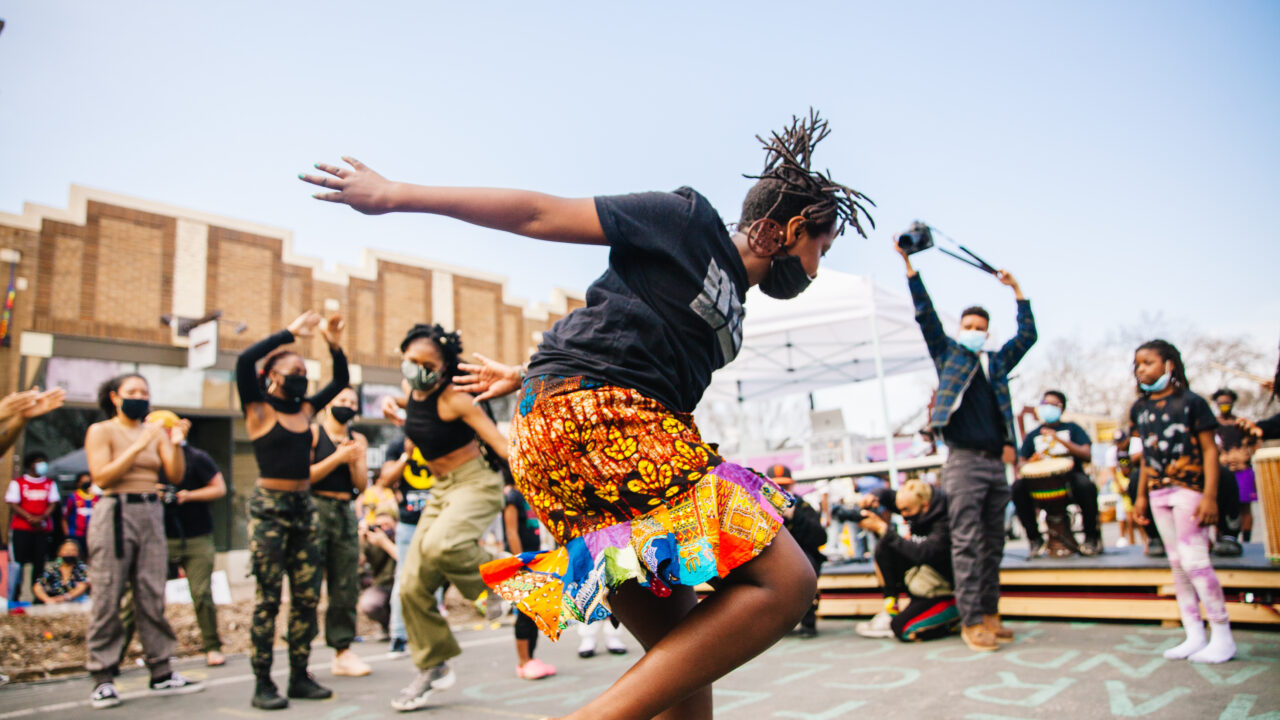
Photo by Nancy Musinguzi “We have a way to claim the future”
Adaku Utah, Denise Perry, and Prentis Hemphill talk about the centrality of care, the importance of taking risks and making mistakes, and what it means to invest in Black leadership in this moment.
-
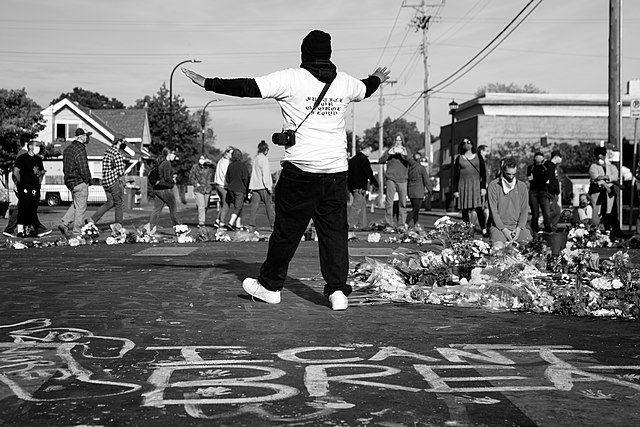
Photo by Lorie Shaull WikiCommons “Liberation looks like permanently organized communities”
Mercedes Fulbright and D’Atra Jackson on how to center and support Black leadership in this moment, why we need to build state-wide power, and what it will take to win in the long term.
-
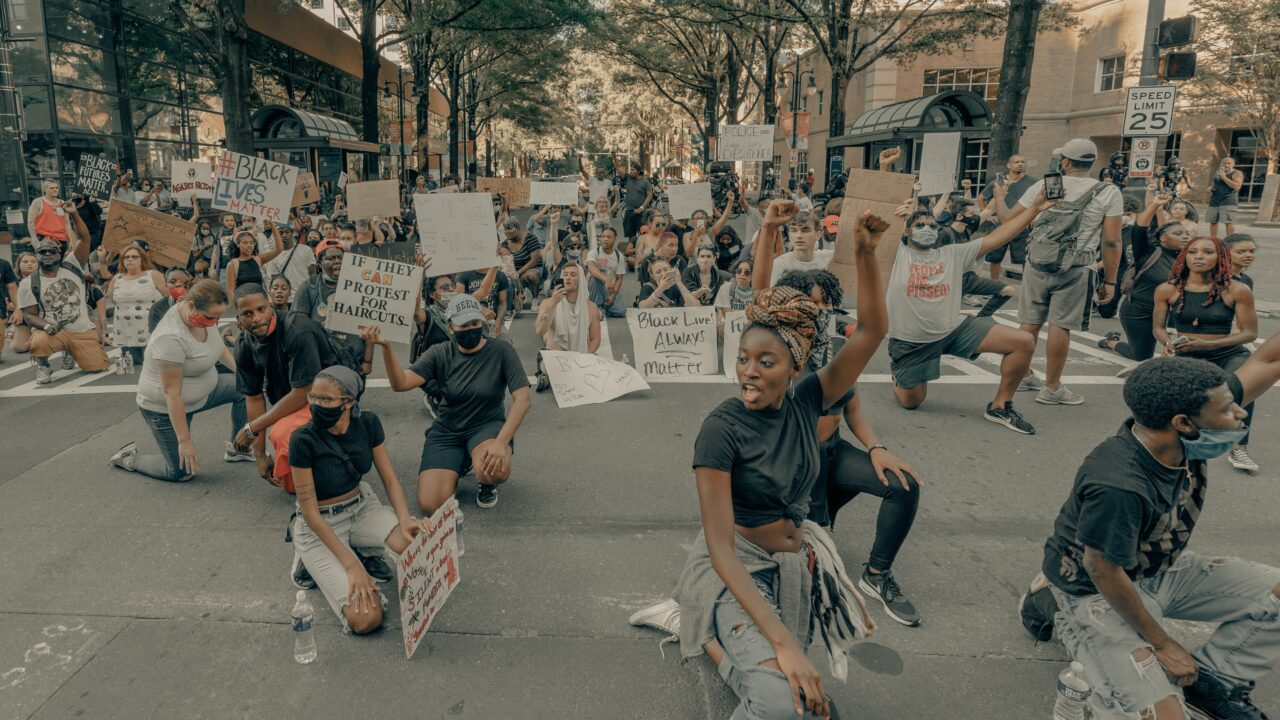
Photo by Clay Banks “The legacy that we leave will be the people”
Ash-Lee Woodard Henderson and Greisa Martinez on what it means to support and center Black leadership, the spiritual elements of organizing work, and their visions for the future.
-
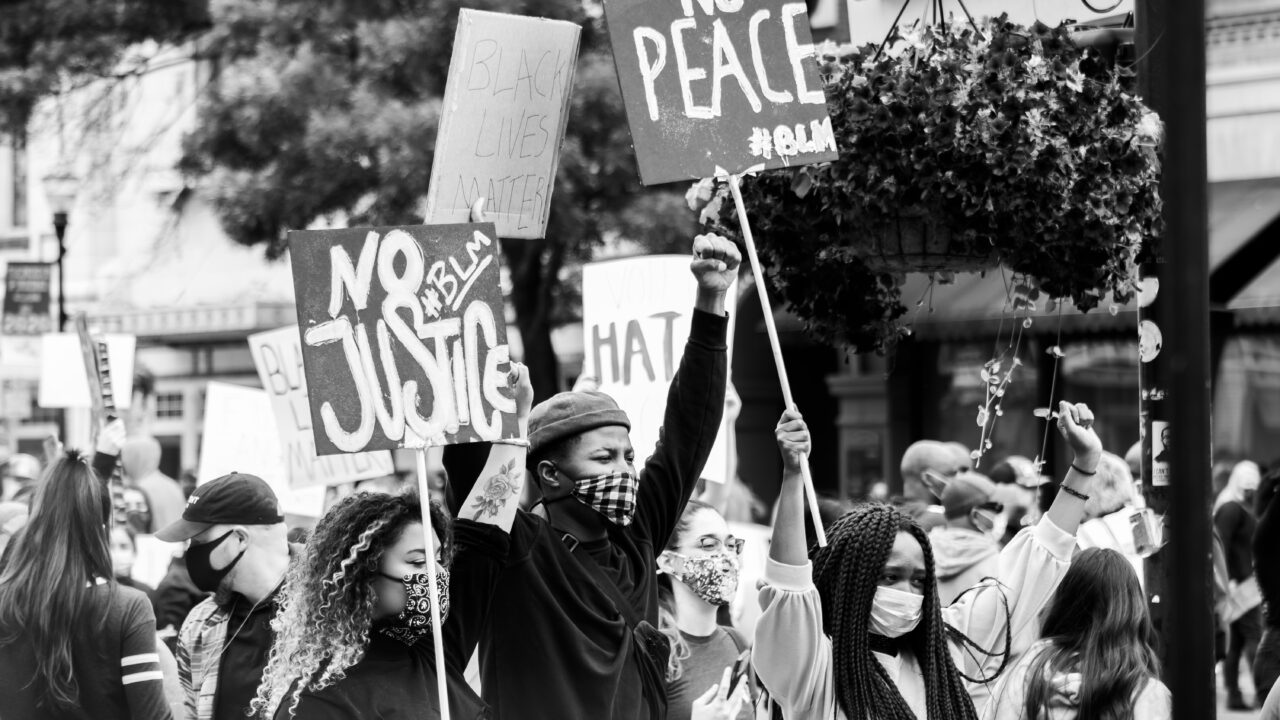
Photo by Jonathan Muriu “No one person can transform a system”
Maurice Mitchell and Rukia Lumumba on what co-governance means, the relationship between elected officials and movements, and how we build decision-making processes rooted in community.
-
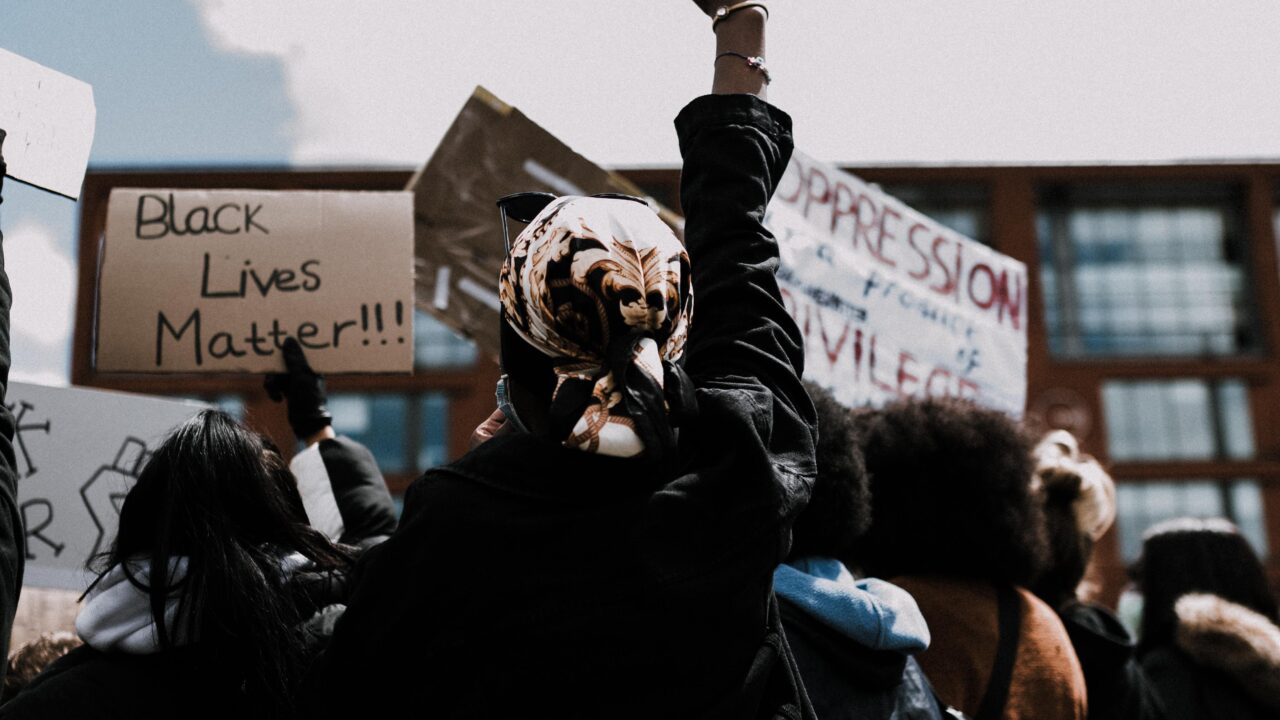
Photo by Bach Nguyen Practicing Imagination
Mariame Kaba talks about how her work has changed over the last year, why she writes, and how she keeps visioning at the forefront of her organizing practice.
-
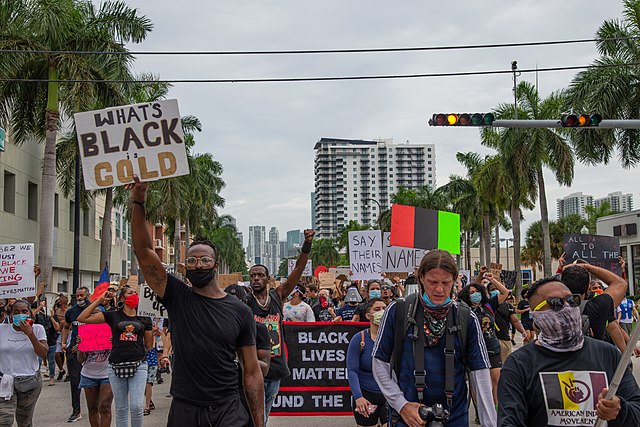
Photo by Mike Shaheen WikiCommons Fighting for the Right to Protest
Simon Adams of the Dream Defenders breaks down what Florida’s new law restricting the right to protest means for organizers in the state, and why community is critical in this fight.
-

Photo by Nancy Musinguzi Police-Free Childhoods
Darnel Joseph and Kesi Foster talk about their work organizing young people around police and prison abolition.
-
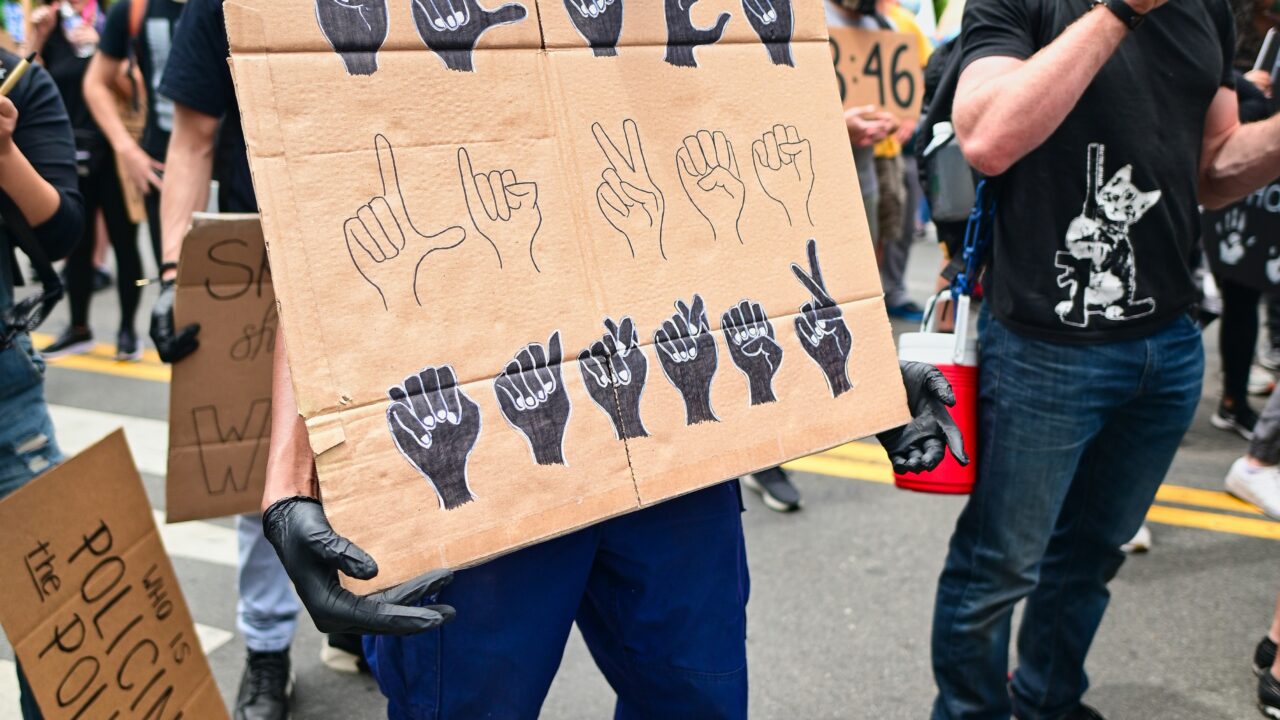
Photo by Cameron Venti “Now is the time to start to live it”
Syrus Marcus Ware and Dara Baldwin on the long struggle for abolition, the centrality of disability justice to the movement, and their vision for building safe communities.
-
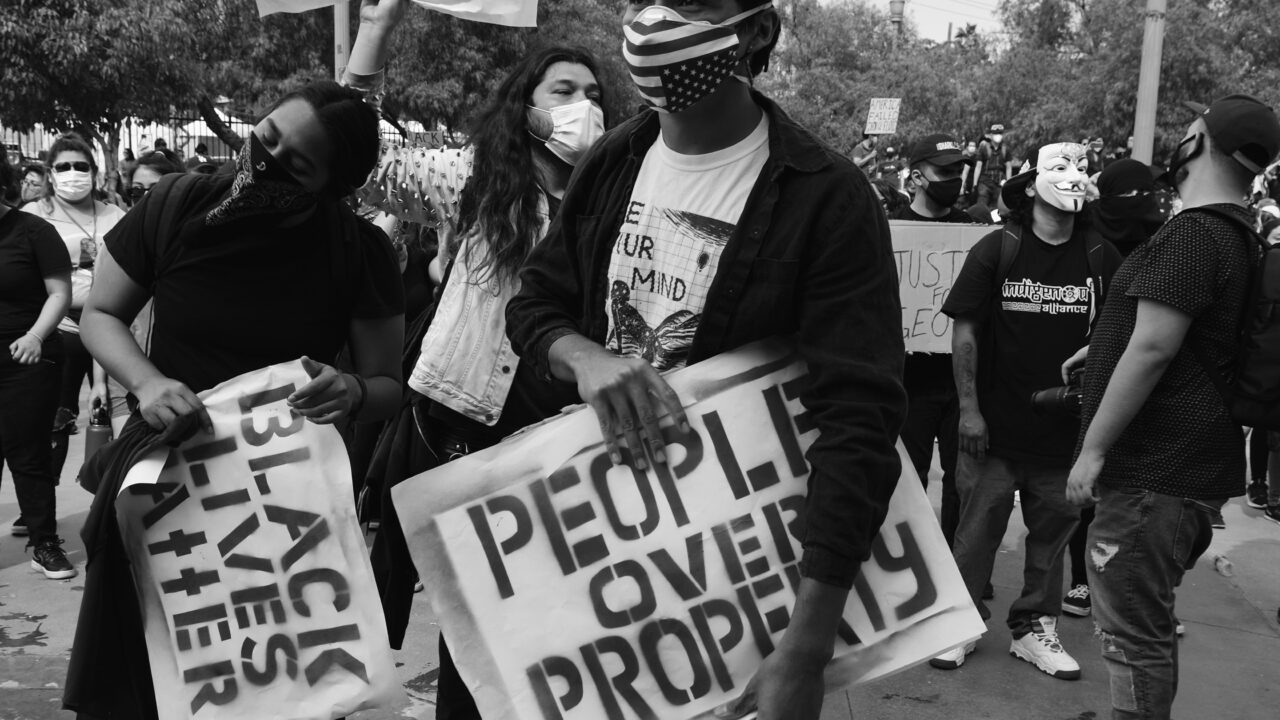
Photo by Mike Von Living in Abundance
Tracey Corder talks about the cultural and narrative work that needs to happen to make abolition possible — and what it would look like to live in a society rooted in abundance and care.
-

Photo by Elvert Barnes WikiCommons “Doing care with each other is how we’ll unite”
Makia Green talks about mutual aid, the relationship between organizing and care work, and how to build a bigger “we.”
-
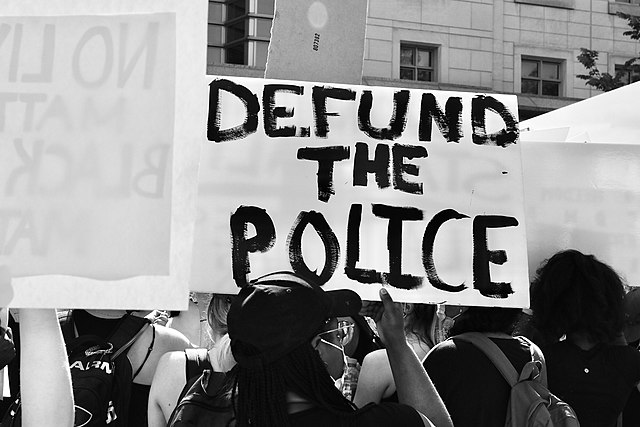
Photo by Taymaz Valley WikiCommons “It is our duty to fight for our freedom”
Kayla Reed on the relationship between movements and organizations, how money complicates the work, and our duty to win.
-
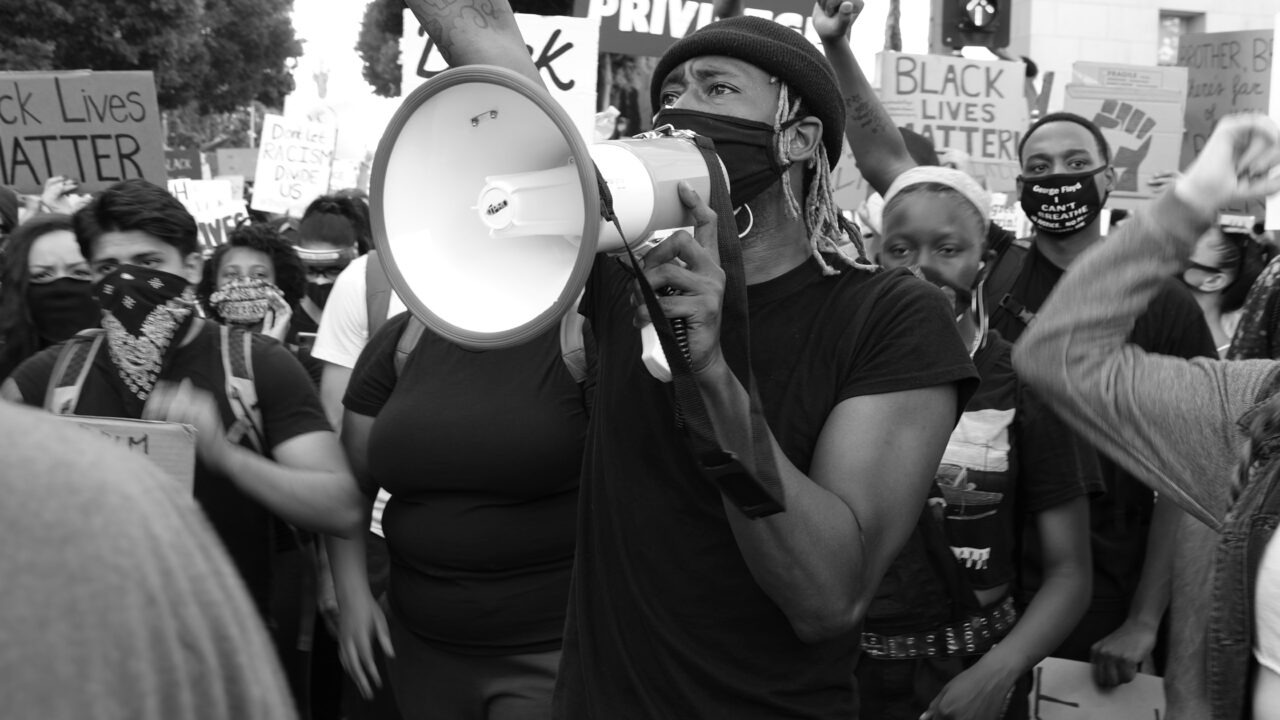
Photo by Mike Von What’s Being Said But Remains Unheard?
We asked all of the organizers we interviewed a simple question: what do they keep saying or hearing that is not breaking through? Here’s what they said.
-
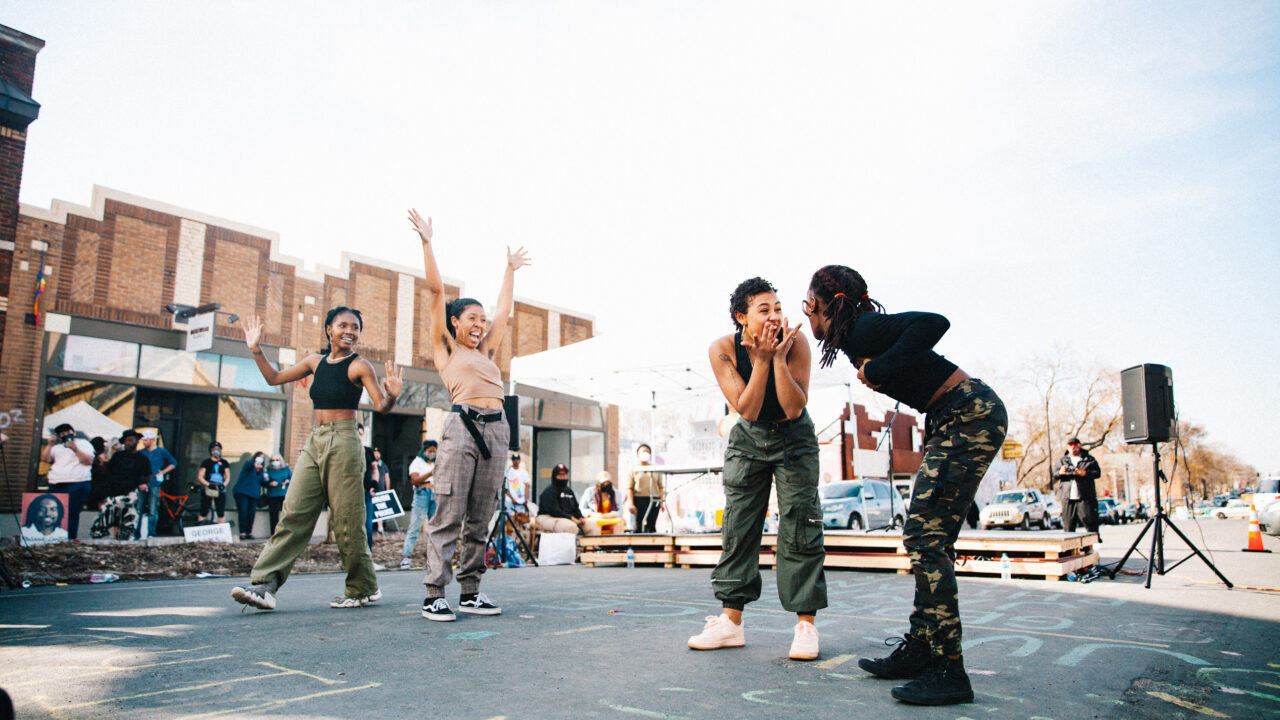
Photo by Nancy Musinguzi Sacred Silliness as a Freedom Practice
Laugh big, laugh loud, laugh often.
-

Photo by: Nancy Musinguzi Community Safety in Tumultuous Times
The work of addressing harm, violence, conflict, and abuse is central to building trust and maintaining alignment among abolitionist organizers.
-
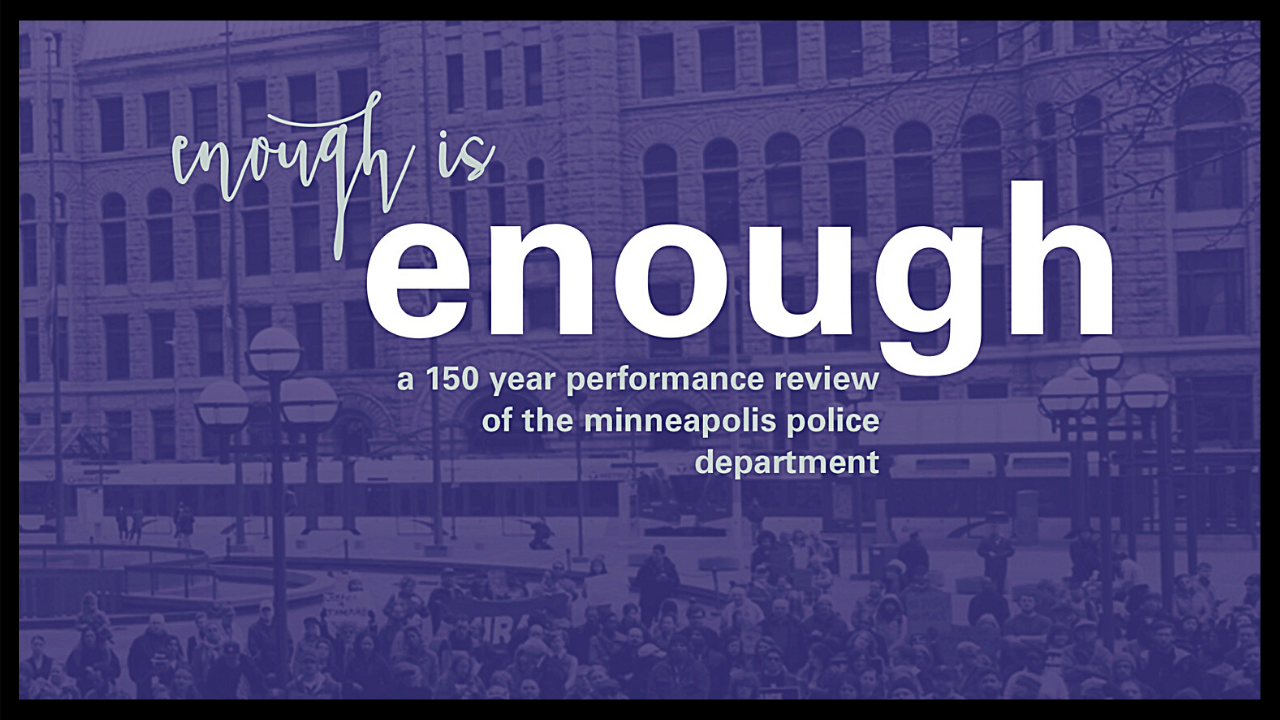
Image courtesy of MPD150 Enough Is Enough
The Minneapolis collective MPD150’s abolitionist report and toolkit